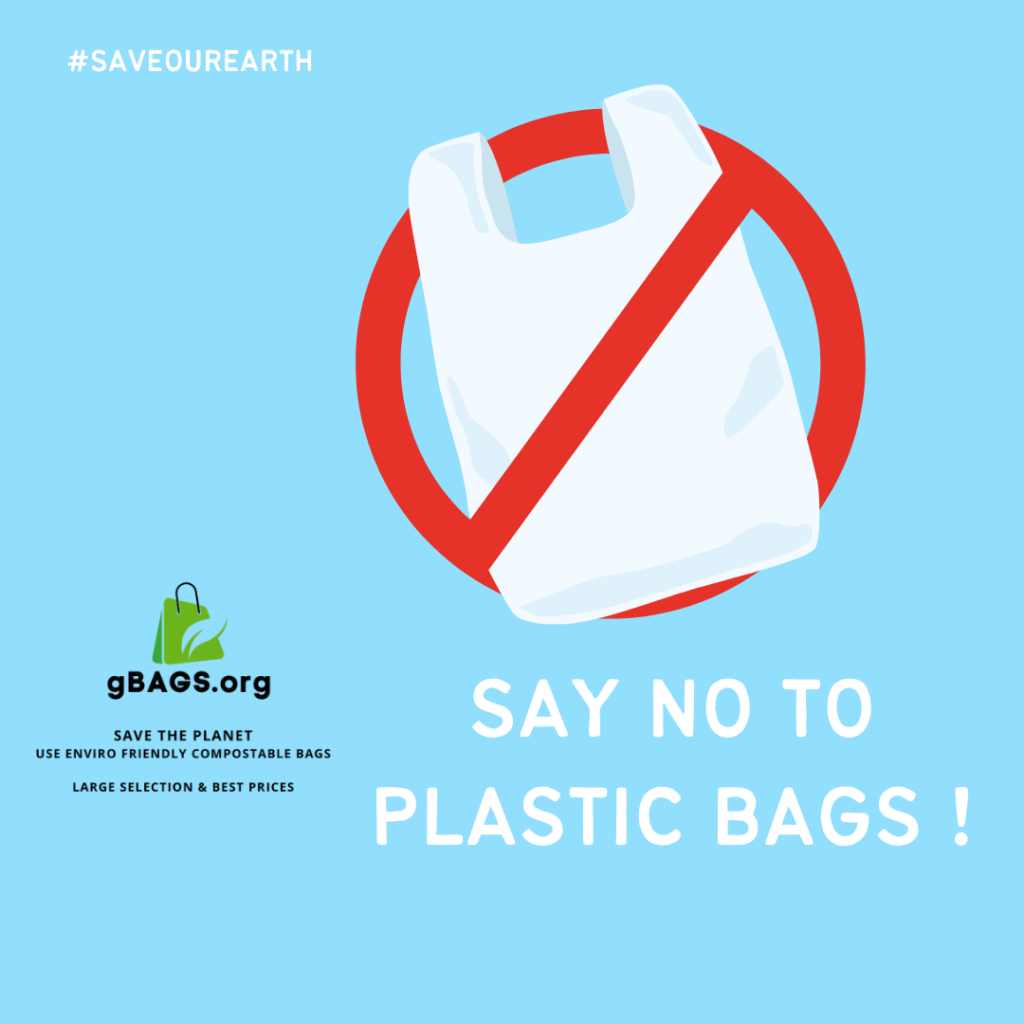Choosing eco-friendly bags over plastic bags is a conscious decision that significantly contributes to environmental preservation. Plastic bags have become a major environmental issue due to their non-biodegradable nature. They persist in the environment for hundreds of years, contributing to pollution and harm to wildlife. In contrast, eco-friendly bags are made from sustainable materials such as organic cotton, jute, and recycled plastics. These materials are biodegradable, meaning they break down naturally and do not leave a lasting impact on ecosystems.
Moreover, eco-friendly bags are designed for long-term use. They are durable, with reinforced stitching and sturdy handles, making them a practical and sustainable alternative to single-use plastic bags. By choosing eco-friendly bags, you actively reduce your carbon footprint, as the production and disposal of plastic bags are energy-intensive processes.
The environmental benefits extend to oceans and marine life. Plastic bags often find their way into water bodies, causing marine pollution. Eco-friendly bags, being biodegradable, are less likely to harm aquatic ecosystems. Additionally, the use of sustainable materials in these bags promotes responsible resource management and supports eco-friendly farming practices.
Beyond environmental considerations, choosing eco-friendly bags aligns with a broader movement towards sustainable living. It reflects a commitment to responsible consumption and waste reduction. The positive impact of this choice extends beyond personal behavior to set an example for others and contribute to a collective effort in combating plastic pollution.

